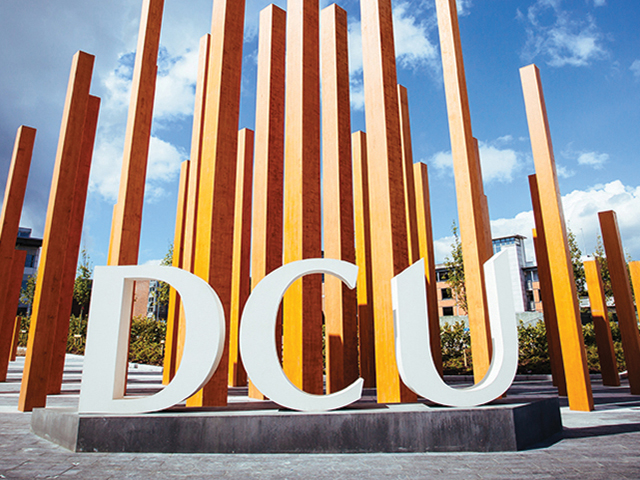
[dropcap]S[/dropcap]imon Harris is launching a €2.5 billion recovery for revenue Irish universities have lost from international students.
The plan is part of a three-year process to stitch up the holes burned in Irish universities’ pockets during the pandemic.
“In the post-pandemic Ireland, we will need a new international strategy to help us grow our education, science and research sectors,” the Minister for Further Education said.
International students, along with their tuition, and spending habits, have long been a vital contributor to third level institutions’ funding, especially at DCU.
Across all undergraduate courses, DCU’s average yearly tuition for an EU student is about €3,000, according to the International Office. However, for non-EU students, it is roughly €15,000.
In the 2019/2020 academic year, DCU made about €44 million from their 14,600 EU students, but made over €34 million from only about 2,300 non-EU students.
The exact figures for the drop off in international students this year are unknown, but the Irish Times reported it could be as high as 80 per cent across all Irish colleges.
Even before the year began, though, cracks were starting to show.
In June of 2020, the DCU International Office had already seen a 15 per cent decline in non-EU student applications.
Harris’ recovery plan isn’t just supposed to save the finances of Irish colleges, though. It may help save the Irish economy as well.
At the end of February, Irish universities had seen a direct loss of over €105 million. The remaining €2.4 billion in the recovery plan, Harris said, is for Ireland’s overall economic loss suffered from the dip in international students.
Before Covid, Ireland’s seven universities accounted for about €8.9 billion of Ireland’s gross domestic product every year, which is over 2.3 per cent, according to a study by the IUA.
This evaluation stems from several factors, including the average long-term financial success of graduates, to the number of jobs the university creates itself.
International students play a unique role in the Irish economy, as they do in most economies with an abundance of international students.
The group not only pays four times the tuition price of an Irish student, they also often come from wealthier families, meaning they bring additional stimulus to Ireland’s economy through funding their lifestyle.
In 2019, 44,000 of these international students studied in Ireland, and the nation will likely not reach that number again for several years.
“Obviously, this is a conversation beyond Covid but it is one we need to start preparing for,” Harris said.
Devin Sean Martin



